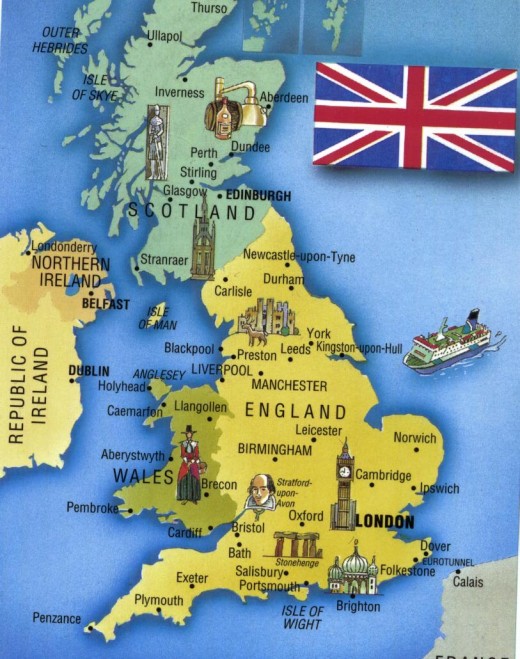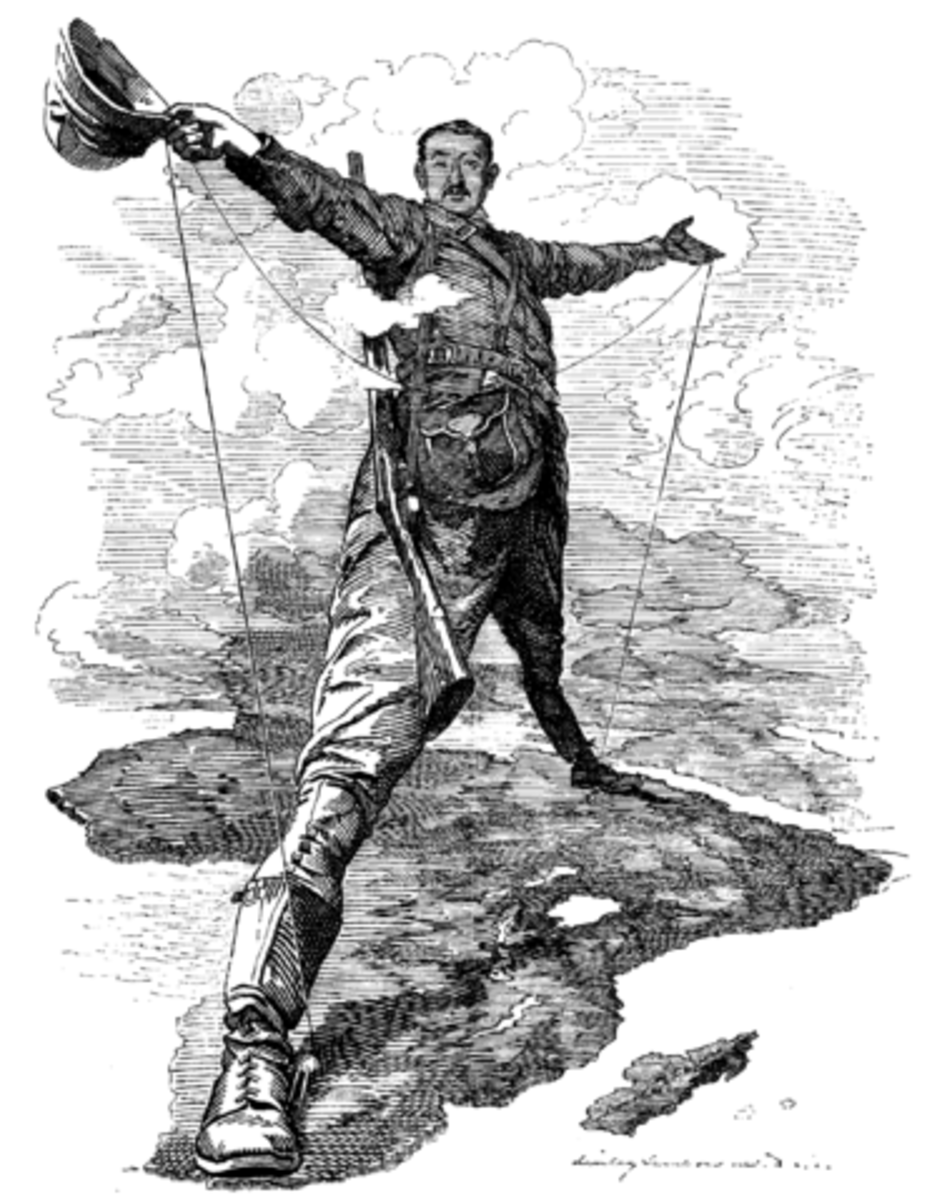An essay on Industrial Progress and Economic Conditions during the 18th & 19th Century in Great Britain

How far is it true to say that Great Britain was a “strong & progressive nation” in the nineteenth century?
During the nineteenth century Great Britain was the heart of all development and industry in Europe and the biggest empire in the world. The British nation was both strong and progressive due to the influence of many factors. From an agricultural nation, Great Britain became an industrialized leader during the nineteenth century.
Britain’s strength came from its technological and economic progress. During the eighteenth century it started to change into an industrial nation. It finally became a centralized industrial power during the middle of the 19th Century. In the beginning, new technological advances were instigated. With Watt’s improved steam engine and Wedgewood’s Division of Labour and Britain’s canal network trade boomed. The Factory system began. Due to such innovative ideas, such as the production line and the division of labour fewer workers were needed to work the machines and in the end produce more. However this change from agriculture to industry and machinery caused a number of protests, such as the Luddites, which destroyed machines and protested violently against the change. Although no substantial and lasting damage was inflicted, the point was raised that many people had lost their job to machines. Due to this, Britain’s population flocked to cities in order to look for employment in the factories. As cities grew and Britain became an urbanized nation, cities were overpopulated. This caused widespread health and work problems, which needed to be looked up. The bad living conditions in the overpopulated cities led to new heath and factory reforms. The Factory reforms of the early nineteenth century improved working condition not only for women and children, but also for men. However everybody did not welcome those reforms. Factory owners, believing in Adam Smith’s philosophy of “Laissez-fair”, which says that the government should not interfere with businesses and private firms, were discontent with the government policies. These reforms allowed the workers and ordinary people of the lower classes to believe that they do have some power over their lives. The idea of being the “master of your fate” began with trade unions, which were to begin with unsuccessful due to factors such as inconsistency of participation and size.
The next step, which the workers took, was to demand a bill of rights, which led to the social movement of Chartism. The initial chart has six points or demands, including rights to vote and the improvement of working conditions. Although this was also unsuccessful, the two ideas led to forming of Labour parties that even today influence greatly the politics of nations. All thus progress within Great Britain during the 18th and 19th Century was shown at the Great Exhibition in 1848. It was a display of modern technology and developments. In the Crystal Palace in London, although there were also foreign displays, more than 50% were British. The Great Exhibition can be taken as the beginning of a new era in the second half of the 19th Century – Imperialism. The exhibition led to the social, political and economic competition between the leading nations of Europe.
As a result of Britain’s progress it became the most industrialized power in the world. At its strongest time the British Empire had a territory of 33% of the world. But its power was in the fact that it was not only politically strong, but also economically and socially within its own boarders. Britain was a leading exporter of steel, iron and luxury goods such as porcelain. Its huge railway network allowed horizontal and vertical mobility, increased trade and the transportation of goods, enable the fast transport for leisure purposes. Great Britain became socially also strong. It was one of the first nations to implement social legislation and security, which covered various aspects, such as, work accidents, old age, pension and death. It was a founder of social insurance. The Public Health Act of 1848 improved living standards and the ability to use heath care. But Britain’s biggest strength remained its political influence abroad. Its numerous colonies supplied Britain with goods and raw materials. It possessed the largest navy, which successfully defended its trade routes around the world. Britain remained most influential in Europe and was a leader during the unmerciful times that led to WW1.
Britain was surely a strong and progressive nation during the 19th Century. Its strength was derived from its technological advances during the late 18th and early 19th Century. It became a heavily industrialized, urbanized leader not only in Europe, but in the world due to its political influence and power, economic stability and its social legislation and reforms which in turn led to a modern, developed and democratic Great Britain.








